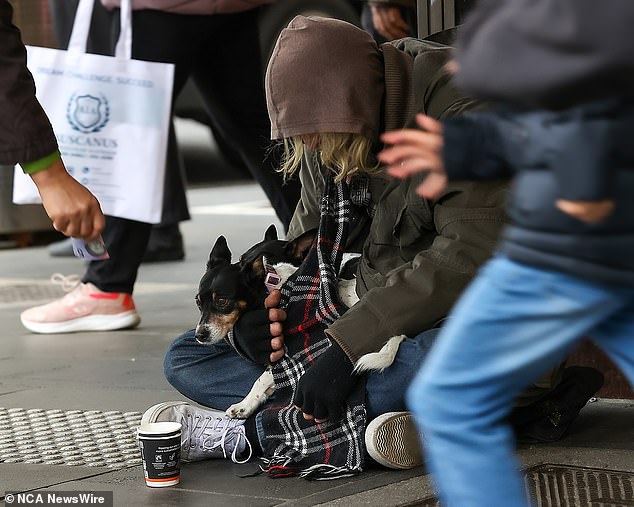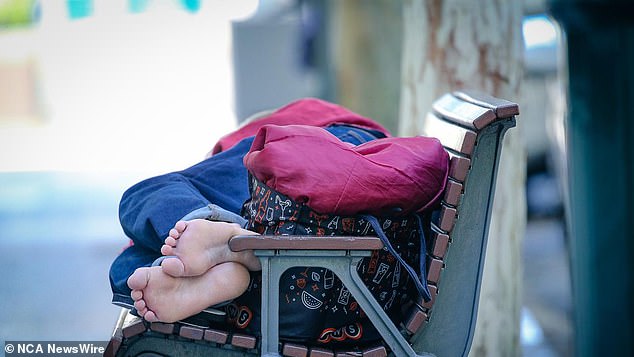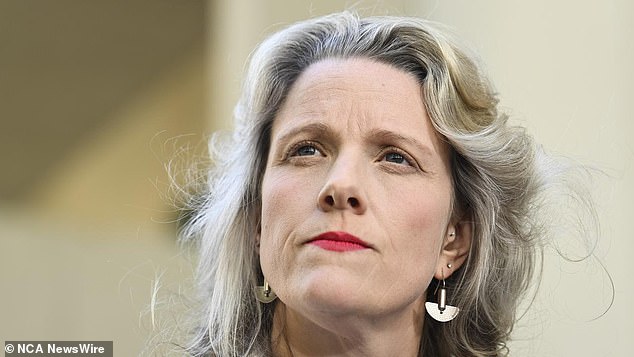Child Homelessness Snapshot: Report sheds light on the harrowing effect Australia’s housing crisis has on kids
More than one in five children under the age of 18 who sought help from homeless shelters were turned away because providers were pushed to the limit, according to shocking figures from a report by Australia’s leading organisation.
Homelessness Australia figures from 2024 show that of the 95,847 children, including 15,902 unaccompanied minors, who sought help for homelessness in the 2022-23 financial year, 19,833 were turned away and did not receive any help.
Despite 76,014 children receiving support from specialist services, more than one in three (25,414) remained homeless. This is an increase of 3.2 per cent year-on-year. Queensland reported an increase of 20 per cent and South Australia reported an increase of 15.9 per cent.
The figures were released ahead of Homelessness Week 2024, which will be officially launched on Monday by new Housing and Homelessness Minister Clare O’Neil in her first public appearance since being sworn in as minister.
Homelessness Australia Chief Executive Kate Colvin said it was “devastating” that children were being turned away due to a lack of resources and services.
The sector is also being hit by a ‘perfect storm’ of factors. The housing crisis and the cost of living are driving more people to seek out homeless shelters. In addition, the scarcity of affordable rental housing is making it much harder to rehouse people who have lost their homes.
“What happens in homeless shelters is that there are only a limited number of staff. And often by 11 a.m., all the appointments for the day are already booked and all the resources to put people in emergency shelter for the night are already used up,” she said.
‘This means that someone has no place to sleep that night, has to sleep on the street or in the car.’
Of the 95,847 young people under the age of 18 who applied for homelessness assistance, 19,833 were rejected and could not receive any help (stock image)

Other countries, such as the UK, have protection measures in place to prevent young people from becoming homeless (stock image)
Ms Colvin added that turning away vulnerable children from limited-resource services has now become ‘normal’, but other countries have safeguards in place to prevent this.
“In the UK, homelessness services are provided by local government and families and children have the right to homelessness support and housing,” she said.
‘There are no homeless children in the UK because they get shelter there, and we just don’t have that here.
“This is not what happens in any other country, that children are becoming homeless and being turned away from services. It is something we should be shocked about and something we need to change.”
Ms Colvin paid tribute to former Housing and Homelessness Minister Julie Collins for her work to restore the federal government’s investment in social housing and called on Ms O’Neil to prioritise increasing supply.
“The priority for the new minister is to really boost government investment in social housing and work with states to turn the tide so that people who are looking for affordable housing can find a place to live,” Ms Colvin said.

The 2024 Child Homelessness Survey found that more than one in five children who sought help for homelessness support were turned away

New Housing and Homelessness Minister Clare O’Neil is expected to speak at the official launch on Monday
“The other priority is to really invest in homeless services, so that when families and children come into the homeless shelter, there is a provider who can help them.”
The report also made five recommendations, including a call for the government to commit to halving homelessness within five years and ending homelessness within 10 years. It also placed an emphasis on prevention and early intervention by increasing the supply of social and affordable housing, improving support for tenants and strengthening support for at-risk groups.
The top body also called for a special action plan for children and youth, plus a First Nations housing and homelessness plan. Indigenous children make up 32 per cent of children experiencing homelessness.
Ms. O’Neil’s office has been contacted for comment.
